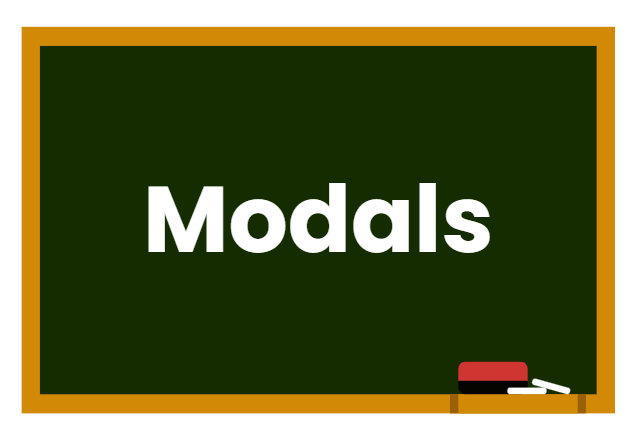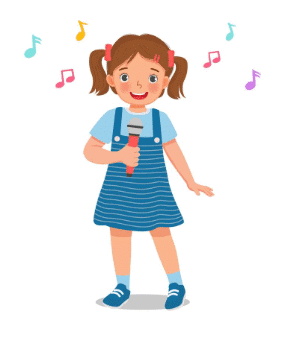Worksheet: Modals - 1 | English Grammar for Junior Classes - Class 1 PDF Download

Q1: Fill in the blanks with Appropriate Modals
(i) He _________ play the piano when he was younger.
(ii) When ________ we meet again?
(iii) When _______ the magazine be published?
(viii) Birds _________ fly.
(ix) Lisa _________ be thirty next Monday.
(x) They _________ coming to the party later.
(xi) _________ I take the phone?
(xiii) He _________ been hurt.
(xiv) He _________ lost his book.
(xv) It _________ rain tomorrow afternoon.

Q2: Choose the Odd One Out
(i) Choose the Odd One Out
(a) Can
(b) Will
(c) Mouse
(d) Could
(ii) Choose the Odd One Out
(a) Must
(b) Should
(c) Can
(d) Wood
(iii) Choose the Odd One Out
(a) Shall
(b) Mighty
(c) Must
(d) Could
(iv) Choose the Odd One Out
(a) Will
(b) Can
(c) Cannot
(d) Would
(v) Choose the Odd One Out
(a) Should
(b) May
(c) Could
(d) Car
Q3. Rewrite the sentence using correct modal
1. I suggest you apologize to your friend. (Use should)
2. I want permission to go outside. (Use may)
3. It was possible for her to sing beautifully. (Use could)
4. It is necessary to carry your ID card. (Use must)
5. I request you to give me some water. (Use could)
You can access the solutions to this worksheet here.
|
18 videos|189 docs|31 tests
|
FAQs on Worksheet: Modals - 1 - English Grammar for Junior Classes - Class 1
| 1. How are modals used in English grammar? |  |
| 2. What are some common examples of modals in English? |  |
| 3. Can modals be used in all tenses in English? |  |
| 4. Are there any exceptions or irregularities when using modals in English? |  |
| 5. How can I improve my understanding and usage of modals in English? |  |
















